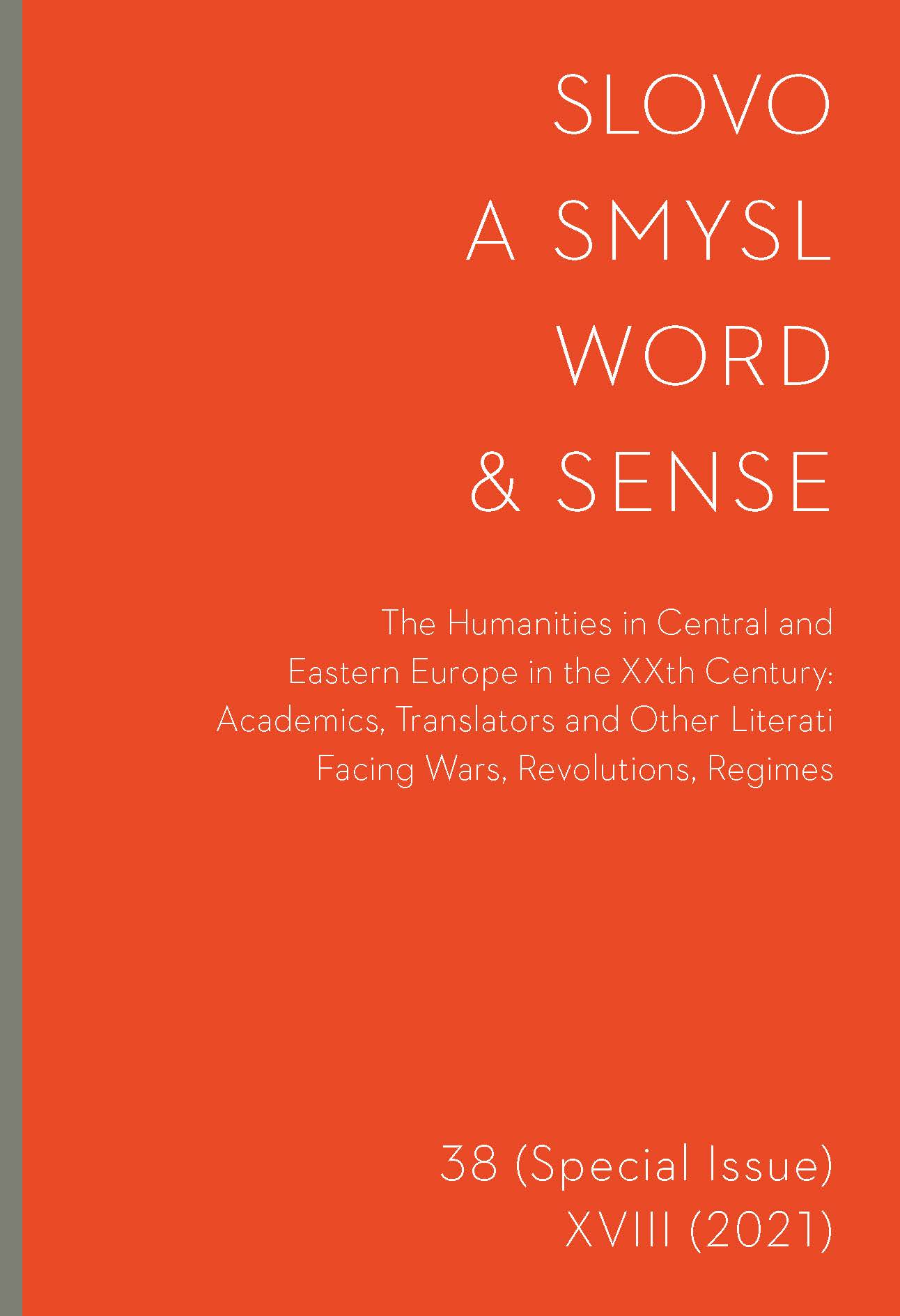The Poet in a State of Emergency: Ivan M. Jirous
The Poet in a State of Emergency: Ivan M. Jirous
Author(s): Annalisa Cosentino, Jan WiendlSubject(s): Czech Literature
Published by: Univerzita Karlova v Praze - Filozofická fakulta, Vydavatelství
Keywords: Ivan M. Jirous; ‘Magor’s swan songs’; Czech prison poetry of the 20th century; communism; normalisation; the underground; poetry
Summary/Abstract: This article examines Magorovy labutí písně (‘Magor’s swan songs’), a collection of poems by political prisoner Ivan M. Jirous, and an important example of Czech prison poetry from the second half of the 20th century. It was during his imprisonment in Litoměřice, Ostrov, and Valdice (1981–1985) that Jirous wrote the poems, which were smuggled out as motáky (clandestine notes written on rolls of paper) by his friend and fellow prisoner Jiří Gruntorád. The article first characterises the situation of Jirous and the Czech underground during the 1970s and 1980s. It then proceeds to analyse how Magorovy labutí písně represents a form of literary creation whose aesthetic specificity arises from the situation of extreme hardship — the ‘state of emergency’ — in which it was written. This specificity can be found in the authentic and even documentary aspect in which the poems reflect the time and place of the prison, as well as the broader, timeless, and more spatially expansive awareness of life that the poems express. What is essential here is not the contingent aspects of the writing, the fleeting influence of inspiration, but more broadly the conscious use of specific means and methods of poetic composition. It is thus a form of literary expression that confronts the characteristic aspects of prison time and spatial confinement by consciously exceeding the limits of the walls, reaching out into the diverse and varying temporal planes and shifting reality of the surrounding world — an experience that is only intensified by its juxtaposition to the daily life of the prisoner from which these dimensions have been brutally stripped. This context-based interpretive analysis demonstrates, in conclusion, that the prison poetry in question here aims to define the effects of confinement and the prison environment by means of a complex gesture, one that is unified by a range of interrelated poetic devices: aural (sound and metre), figural, metaphorical, compositional, stylistic, etc. Prison poetry thus facilitates the survival of its creators and fellow (not only political) prisoners — referred to colloquially as ‘muklové’ (an acronym for muži určení k likvidaci, or ‘men destined for liquidation’) — not only in the physical sense, but above all spiritually, as integral, unbroken personalities.
Journal: Slovo a smysl
- Issue Year: 18/2021
- Issue No: 38
- Page Range: 95-110
- Page Count: 16
- Language: English

